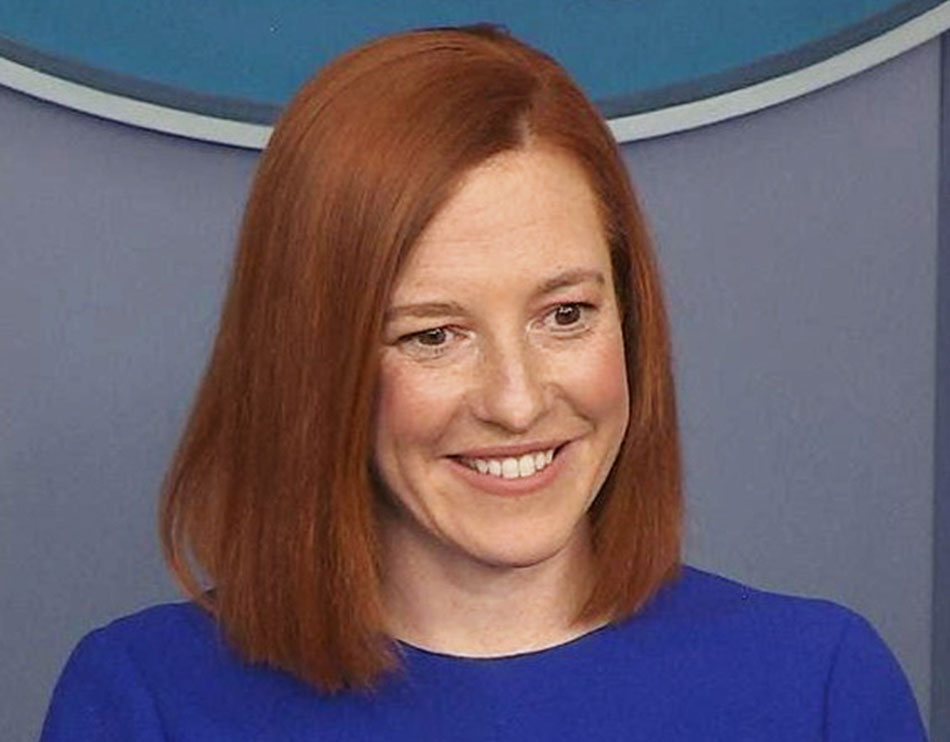FCC Faces Foreign Disclosure Pushback
Broadcasters, cable nets warn of too-broad measures to combat propaganda

The smarter way to stay on top of broadcasting and cable industry. Sign up below
You are now subscribed
Your newsletter sign-up was successful
Cable operators and broadcasters agree that the Federal Communications Commission should be careful in making sure viewers know where their video and audio content is coming from, an issue that has taken on new urgency in an age of disinformation campaigns by foreign actors.
The FCC effort currently applies only to broadcast material, but broadcasters say it should apply to cable as well.
The FCC voted unanimously last October to establish disclosure requirements for broadcast TV and radio content sponsored by foreign governments. The proposed rules require “a specific disclosure at the time of broadcast if a foreign governmental entity has paid a radio or television station, directly or indirectly, to air material, or if the programming was provided to the station free of charge by such an entity as an inducement to broadcast the material.”
The disclosures must be made at the beginning and end of each program and at least once per hour for programming longer than 60 minutes, though those are tentative guidelines, with the wording, time, frequency and duration still to be determined.
Broadcasters and cable operators are all for disclosure of potentially harmful disinformation, but argue that the current language could mean labeling non-malicious, or as the National Association of Broadcasters put it, “sweep in a much broader swath of content than the intended target of foreign propaganda,” and thus needlessly tarnish it with the scarlet letter of a disclosure warning.
The NAB has argued that the FCC needs to confine the disclosures to programming on controversial issues of public importance, to exclude advertising and B-roll footage and archival material and to adopt a “due diligence” standard for determining whether or not material needs to be disclosed, essentially meaning best efforts at such a determination should be sufficient.
NCTA-The Internet & Television Association said if the FCC does decide to apply the rules to cable as well as broadcast, as a Democratic commission is likely to do, it should follow NAB’s lead by not making the disclosures overly broad. The FCC also should not require program distributors to “conduct investigations into whether an entity or individual is in fact a foreign governmental” but instead require them to “exercise reasonable diligence by asking the entity whether it qualifies as a foreign governmental entity,” rather than the FCC’s proposal of making broadcasters, and potentially cable operators, review the Justice Department’s Foreign Agents Registration Act database and the commission’s list of U.S.-based foreign media outlets, NCTA said.
The smarter way to stay on top of broadcasting and cable industry. Sign up below
NCTA said the more rigorous reviews would “place unrealistic expectations on cable operators and broadcasters,” require them to guess what the FCC will later conclude is reasonable diligence and result in an “administrative quagmire.”
The Biden White House has signaled clear concerns with foreign media content. In the Feb. 3 daily briefing, press secretary Jen Psaki was asked about the White House’s position on RT (Russia Today). Psaki said she had not spoken with the president about RT, but said it was “pretty factual” to say the outlet was a Russian propaganda tool.
“I think there is no question as we are trying to decipher information that is accurate or inaccurate it is important for the American people to know that there are outlets working on behalf of foreign governments who have an agenda,” Psaki said.
Contributing editor John Eggerton has been an editor and/or writer on media regulation, legislation and policy for over four decades, including covering the FCC, FTC, Congress, the major media trade associations, and the federal courts. In addition to Multichannel News and Broadcasting + Cable, his work has appeared in Radio World, TV Technology, TV Fax, This Week in Consumer Electronics, Variety and the Encyclopedia Britannica.

